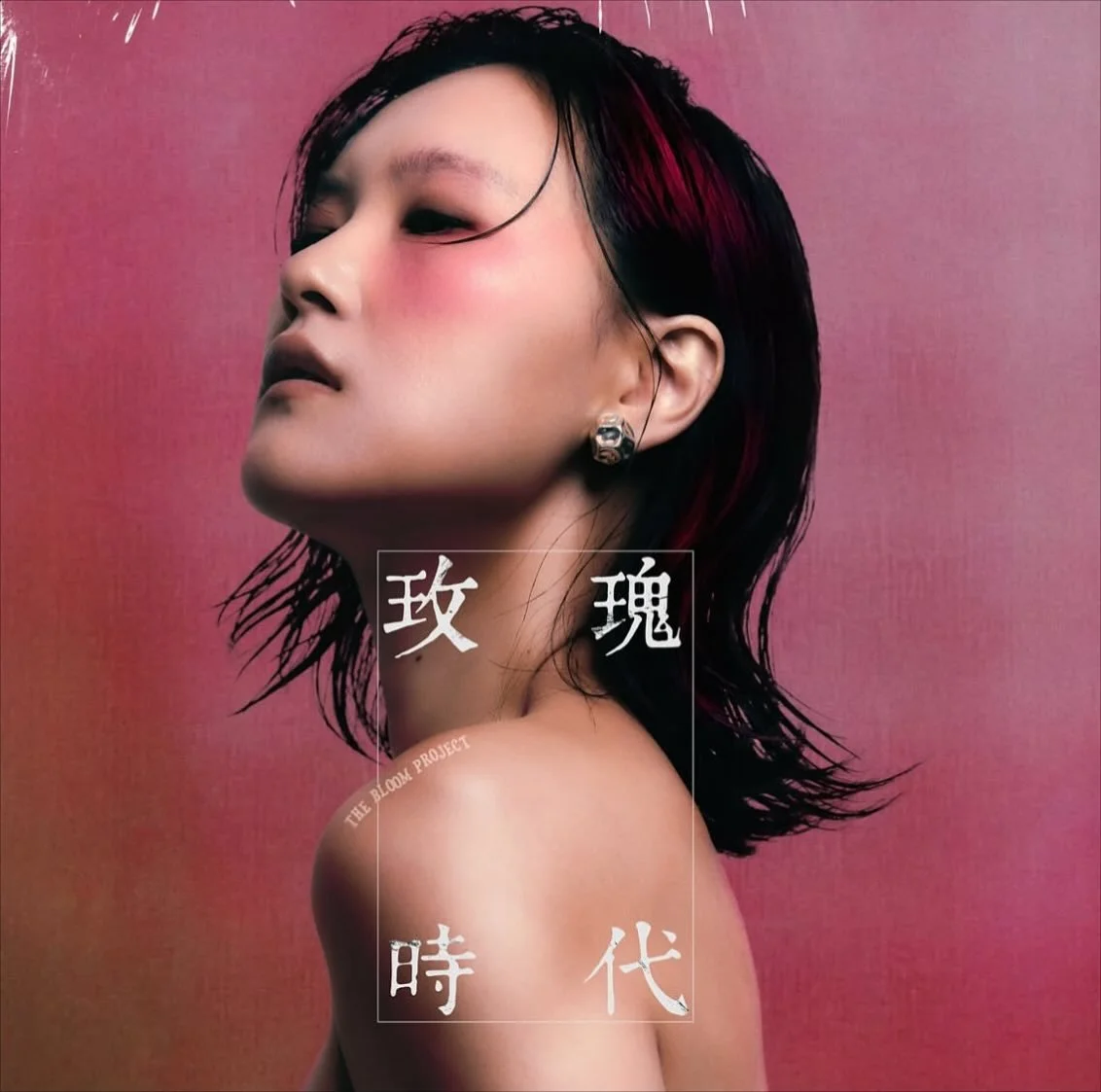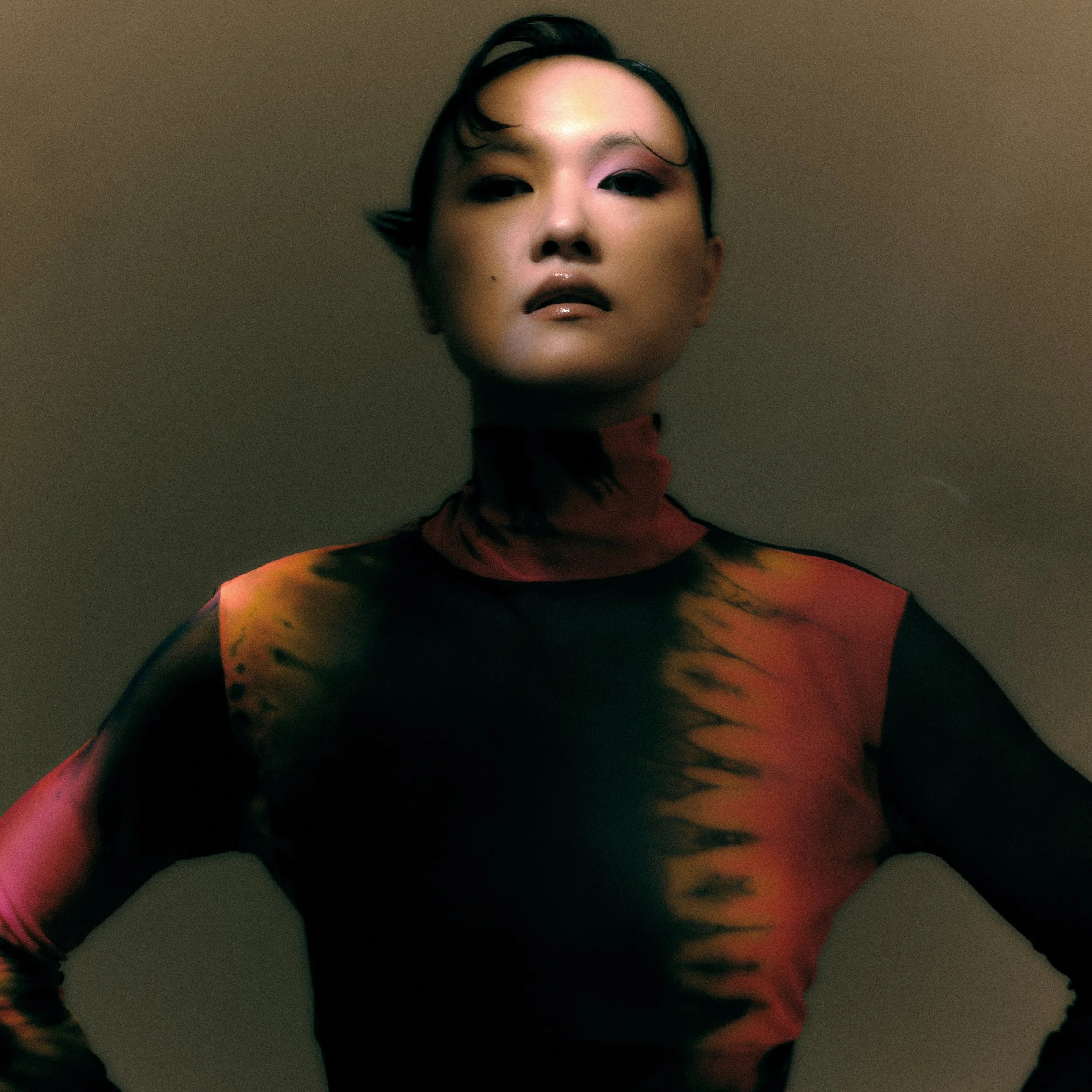“The Bloom Project” - Adai Song
Photo Credit: Artist EPK
Adai Song — or ADÀI, as she’s known behind the decks — has never been one to follow the well-lit path. With The Bloom Project, the Beijing-and-NYC-based electropop artist, producer, and Berklee faculty member turns Chinese musical history into a luminous act of reclamation. This is not just an album — it’s a statement, a sonic museum of rebirth, where century-old melodies breathe again in the language of synths, drops, and unapologetic self-possession.
Described as a feminist reinterpretation of shidaiqu — the glamorous 1930s–40s fusion of Chinese folk and Western jazz that defined prewar Shanghai — The Bloom Project reanimates the ghosts of that era through EDM, trap, and lush electronic pop. Where once women sang softly from smoky teahouses, Adai lets them roar from the mainstage.
Each of the eight tracks is a dialogue between history and now — East and West, vintage and futuristic, obedient and defiant. The album moves like a time machine: guzheng and erhu glide alongside 808s and synth bass, while echoes of old Shanghai crooners shimmer through club-ready production.
Yet beneath its dazzling surface lies something deeper — a redefinition of home for the modern Asian woman in global music. Adai isn’t merely updating old melodies; she’s rewriting their power dynamics.
Adai’s production style feels like a collision of elegance and electricity. She doesn’t blend traditional and electronic instruments so much as confront them — guzheng runs ripple into digital arpeggios; erhu wails hover above deep house kicks; ancient poetry becomes lyrical empowerment.
On “Night Shanghai,” the neon city of 1947 pulses again — not as nostalgia, but as resilience. Synth lines glint like rain on asphalt, while guzheng and bass carve out a beat you can dance your heartbreak to. “Make Way” flips the 1940s classic “Rose, Rose, I Love You” into a 2025 declaration of agency — “My thorns aren’t decoration—they hold up my pride.” It’s witty, empowering, and impossibly catchy.
“Carmen 2025” is pure theatre — Bizet’s melodies sliced through by EDM drops and temple percussion, guzheng solos dueling with synth stabs. It’s opera-meets-techno, feminism in full bloom. “Wild Thorny Molihua” turns the iconic “Jasmine Flower” into a sly subversion of the submissive archetype: soft, yes — but armed with thorns.
What’s most striking is how The Bloom Project feels alive — not trapped in nostalgia, but forward-charging. Every track interrogates what it means to be Chinese, female, and global in the same breath. There’s melancholy here, but also joy; reverence, but also rebellion.
Adai has said she wanted to show that the women in old shidaiqu weren’t fragile flowers — they were survivors. On The Bloom Project, she gives them back their agency, their rhythm, their volume.
Photo Credit: Artist EPK
With collaborators from the U.S., Asia, Europe, and South America — including Grammy-winning engineers Zach Cooper and Ian Kimmel, and mastering by Berklee’s Rachel Alina — The Bloom Project sounds immaculate yet human. There’s space, air, and tactility in the mix; you can feel the hands and hearts behind it.
It’s no wonder the record is a Grammy® candidate for Best Global Music Album — it’s ambitious, intricate, and spiritually cohesive, the kind of project that bridges continents without losing its core.
The Bloom Project isn’t just an album — it’s a cultural reanimation. Adai Song takes the roots of shidaiqu, waters them with global pop production, and grows something wildly modern: music that glows with history but moves with the pulse of now.
It’s cinematic, conceptual, and deeply personal — proof that tradition doesn’t have to whisper; it can drop the beat and bloom again.
“The Bloom Project” is available now on all major streaming platforms
Follow Adai Song - Spotify | Instagram | Website | Facebook
Listen to Adai Song and other similar artists on our Spotify Playlist ‘New Music Spotlight - Pop‘

